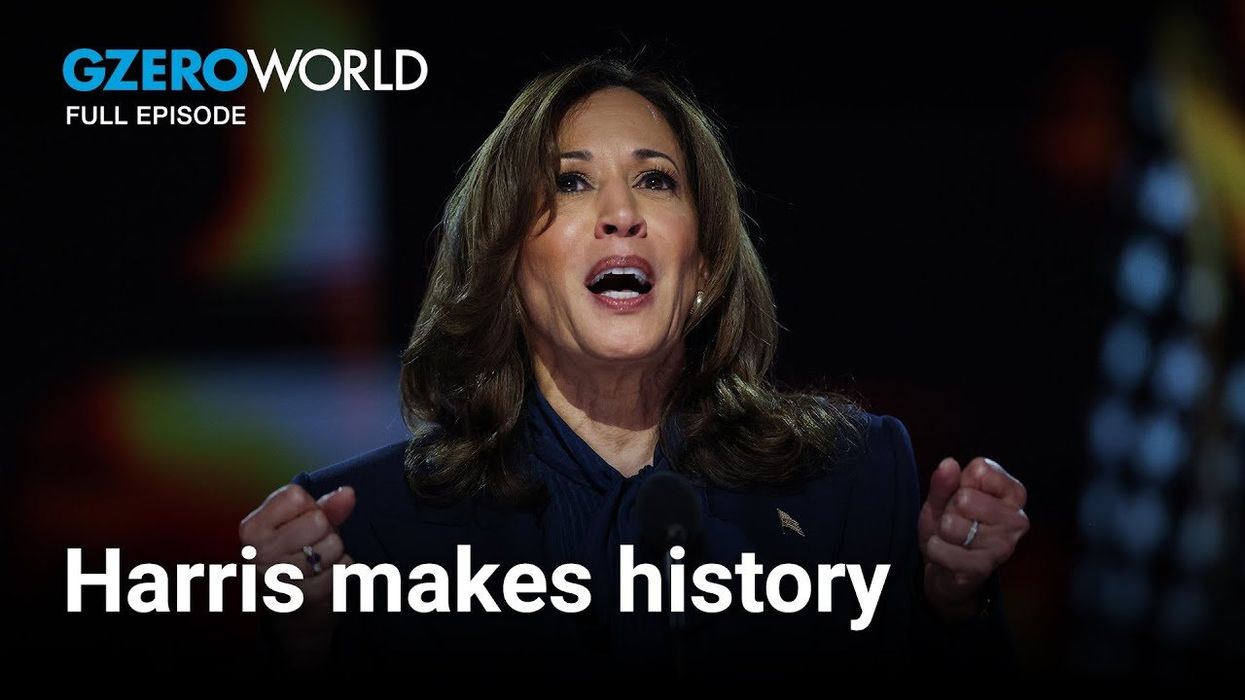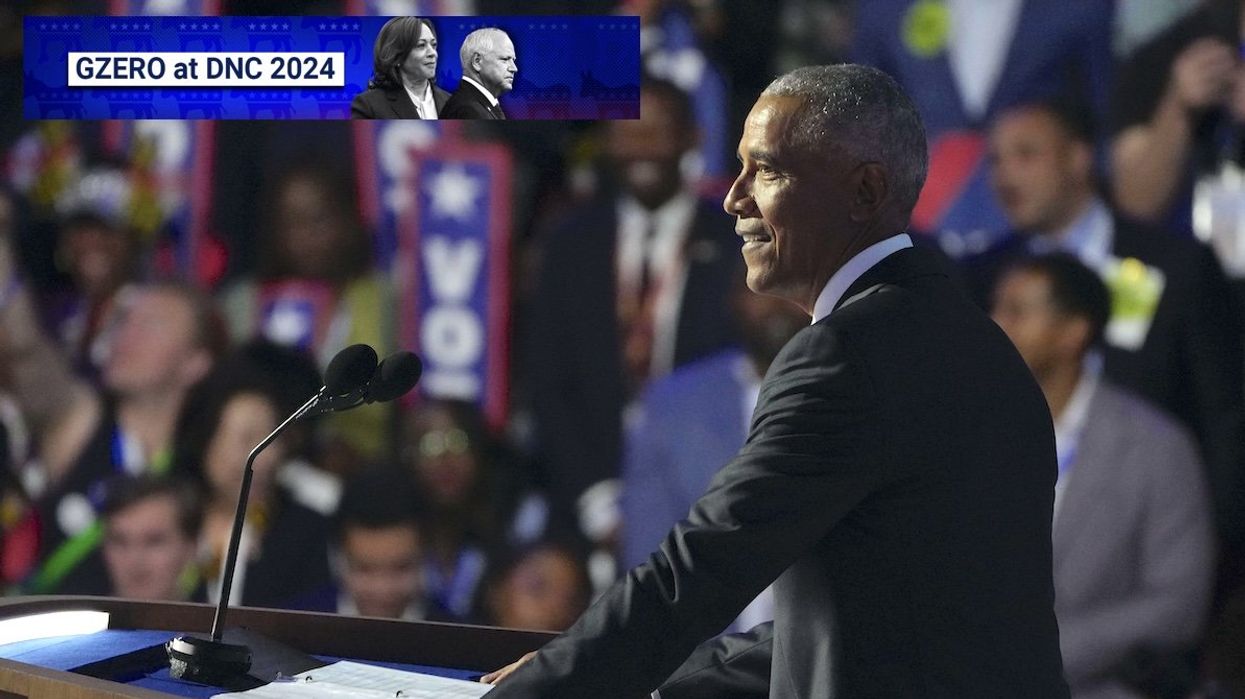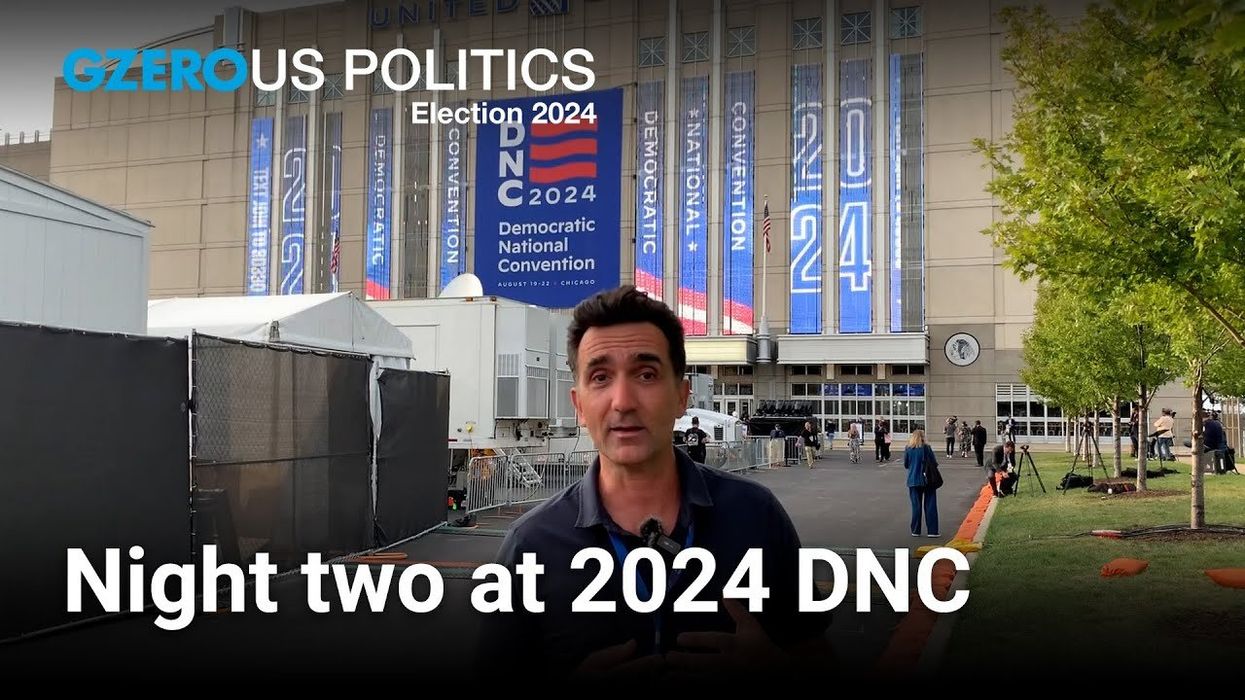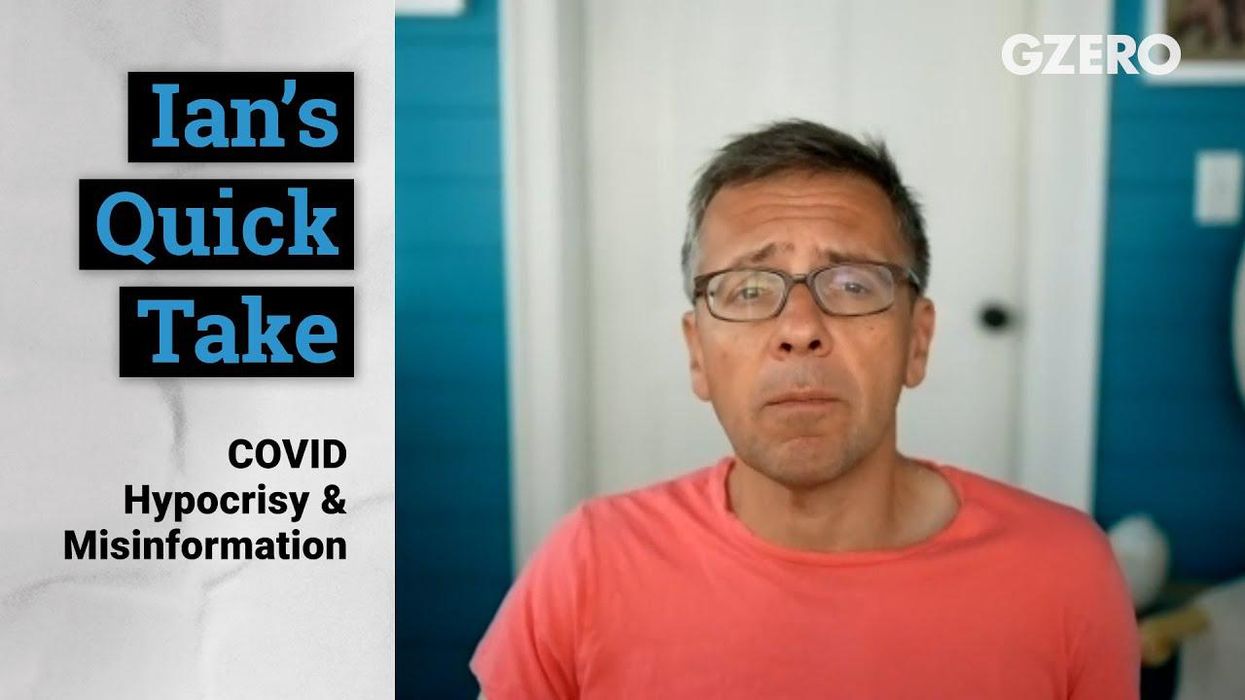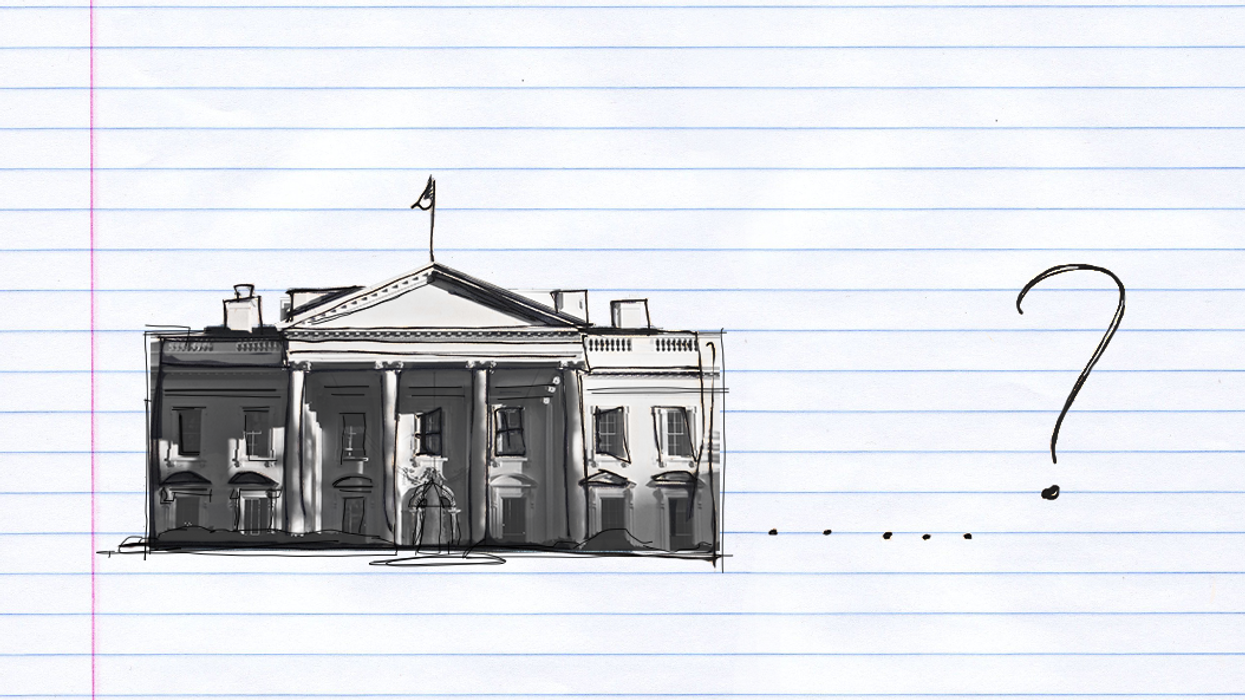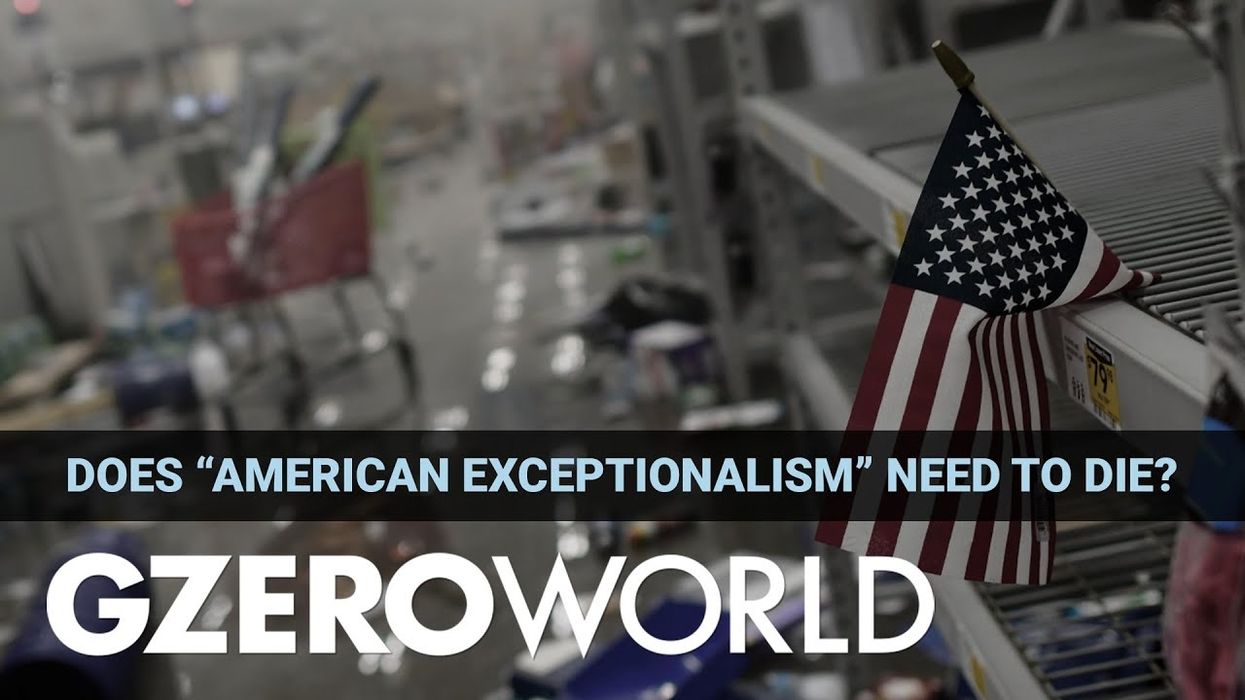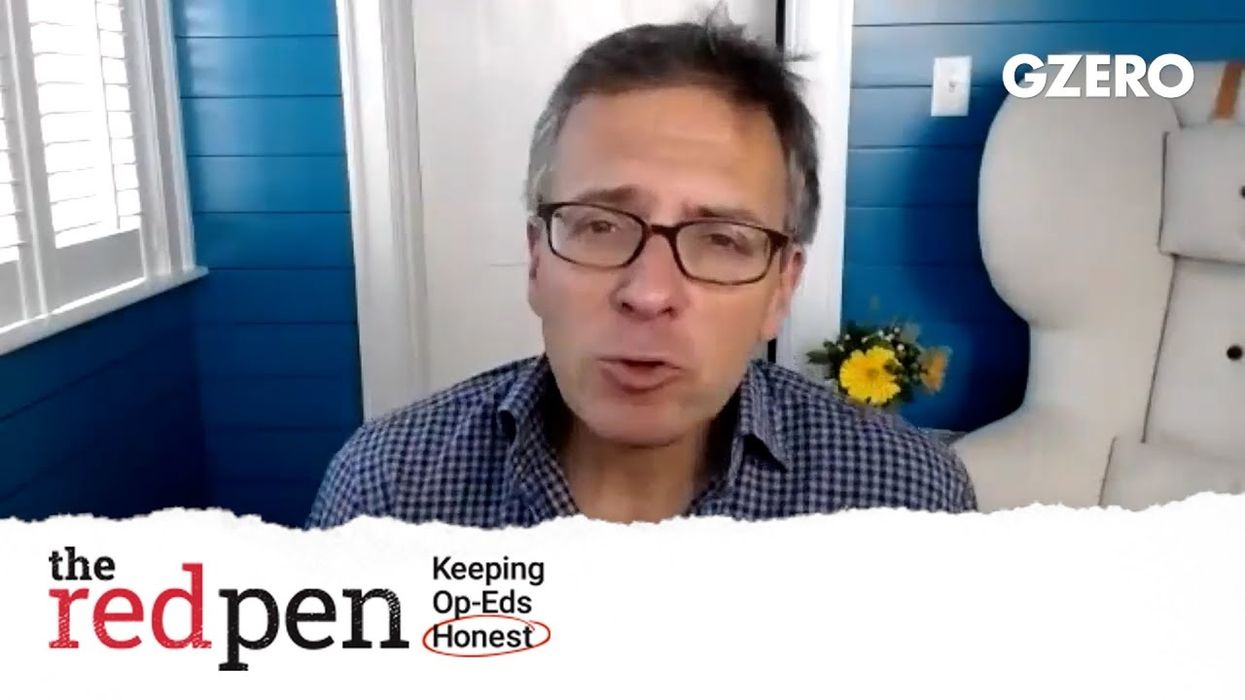GZERO World with Ian Bremmer
Kamala Harris makes her case
Vice President Kamala Harris closed out a historic week at the Democratic National Convention in Chicago that rallied Democrats around themes of freedom, joy, and unity. Harris used the DNC to try to show US voters that she can unite all Americans behind a ‘new way forward,’ but did she succeed in making the case for a Harris-Walz ticket? On GZERO World, former Congresswoman Donna Edwards and presidential historian Douglas Brinkley joined Ian Bremmer to give their take on a truly unprecedented DNC that capped off one of the most extraordinary months in modern political history.
Aug 24, 2024
